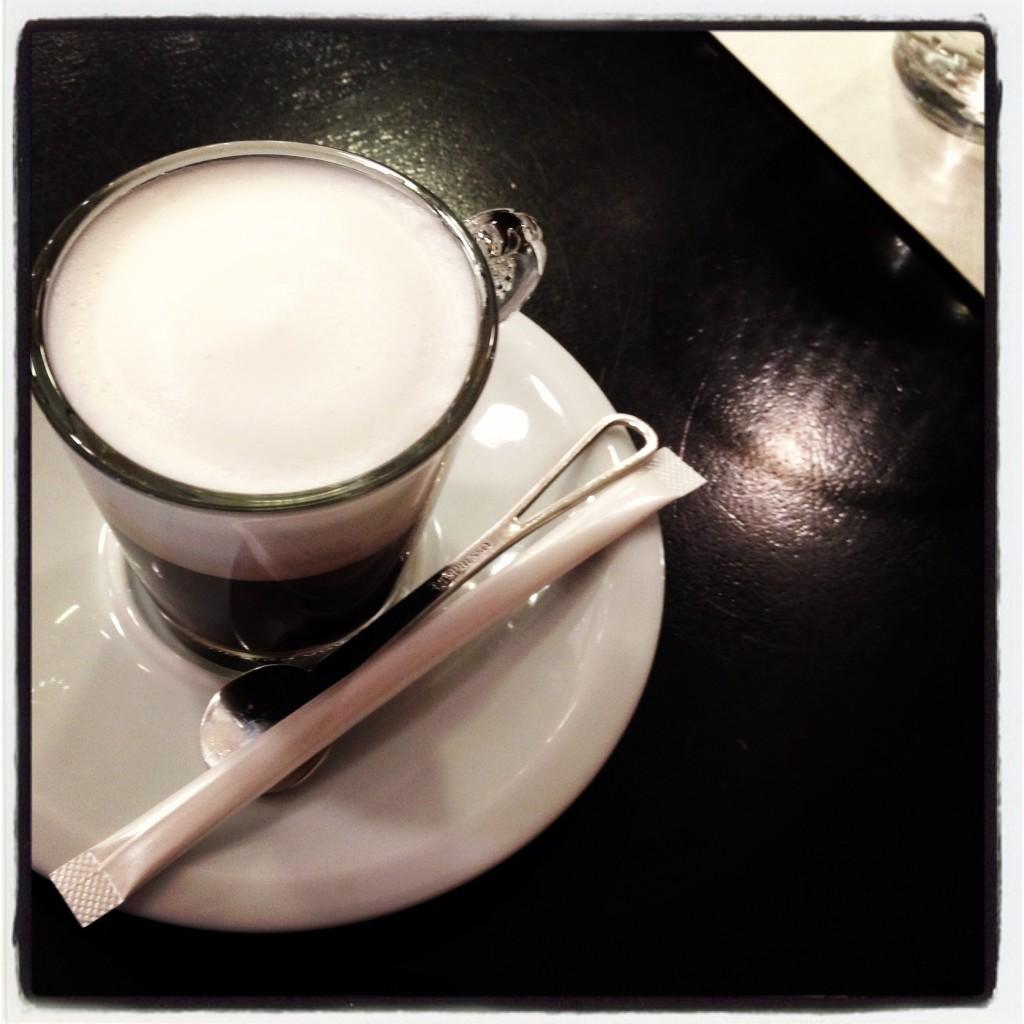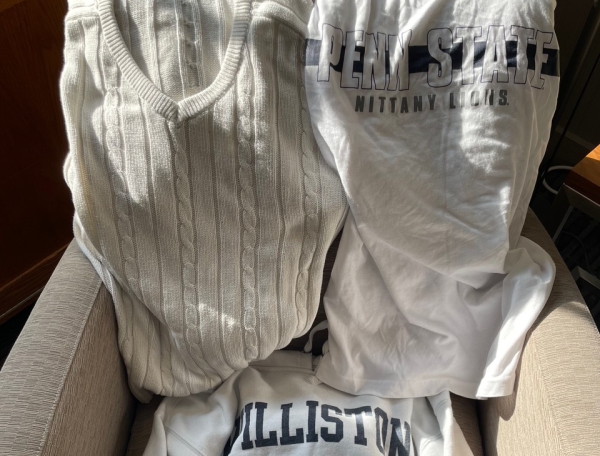The Case for Coffee
“Coffee.”
The word itself brings about connotations of black ambrosia, late night study sessions, and early mornings in strange places. To some of us, its consumption is a holy ritual: Every sunrise shot of espresso a fifteen minute symphony of mechanical perfection, every evening French-press a quiet meditation over steaming glassware. When finals and applications crash upon our backs, the literal eleventh hour coffee pot serves as our second wind, pushing us through page after page of textbooks and papers with relative ease. Looking out upon a cheery twilight with a cup of Italian Roast and quality company promotes intellectual repartee of the highest caliber. Who yearns not to be awakened by a loved one bearing a caffé macchiato on a chilly Sunday morn?
In spite of the numerous benefits we coffee drinkers revel in on a thrice-daily basis, stigma still remains over the consumption of this caffeinated nectar. I cannot recall how many times I’ve been told “it’ll stunt your growth” or “it’s bad for you” or “you should really drink less coffee.” The truth of the matter is, quite simply, that coffee is good for mind, body, and soul. Coffee is not without its downsides, yes, but the bulk of these result more from situational issues than anything else. For example, coffee can contribute to underweight births and miscarriage in pregnant women. However, these problems should be regarded more as unfortunate divergence from commonsense than caffeinated malevolence. By similar rote, the tannic acid in coffee stains tooth enamel, a process with unfortunate aesthetic implications but can be counteracted with whitening products.
Some critics of coffee claim that it contributes to the growing obesity epidemic in America. However, such a statement disparages the pure drink we enthusiasts enjoy. The Frappuccinos and coolattas of the American masses are far removed from a black redeye or espresso doppio. A true “damn fine cup of coffee” should NEVER be polluted by an inch-thick sludge of liquid sugar and half & half. While I hardly condemn the imbibing of such beverages in moderation, they should hardly be regarded as akin to traditional coffee in any manner.
Coffee does not stunt one’s growth, despite the claims of concerned parents the world over. In fact, the only possible relationship to shortness and caffeine consumption results from decreased sleep due to coffee’s effects as a stimulant. When we burn the midnight oil, sustained by caffeine and pressure to perform, it is easy to falsely connect the symptoms of our overwork with the negative effects we suffer. Additionally, coffee provides a multitude of health benefits. Studies have shown coffee to increase athletic performance, not to mention reducing liver damage and the risks of cancer and type II diabetes.
While there is no single proper way to consume coffee, there are a few rules to follow. Drip-brew coffee, the most common serving method, can be enjoyed as the user sees fit with regards to cream and sugar. Though this method produces a wide array of results, most often it makes for a mediocre but quite competent cup of Joe. However, the French press, its classy European cousin, creates a brew that stands far superior when prepared properly. A fresh, coarse grind with a heavy handed bean-to-water ratio creates the ideal cup: strong, leaving a hint of residue in its wake. The Turkish coffee, with its full-bodied grit, stands firm as the rawest of these methods.
However, the crown jewel of coffee, espresso (eˈspresō), creates the best of all possible results. Nothing quite lives up to the sweet aftertaste of a short pull, the subtle umber of a delicate crema, and the beautiful tango of flavor that a fine shot of espresso produces. Before and only before ten AM is it acceptable to add steamed milk into the equation, the result of which become the caffé cappuccino and macchiato, two fine drinks to start off a morning in proper fashion.
Coffee, the fuel of the enlightenment, ought to be consumed properly, with careful attention given to presentation and production. These Dunkin monstrosities should never be regarded as “coffee,” no more than a designer bag bought from a shady man on a street corner should be considered Prada. Thus does the world turn, however, and the perversion of traditional coffee continues, to which I say only: “c’est la Vie.”
Please drink responsibly.








